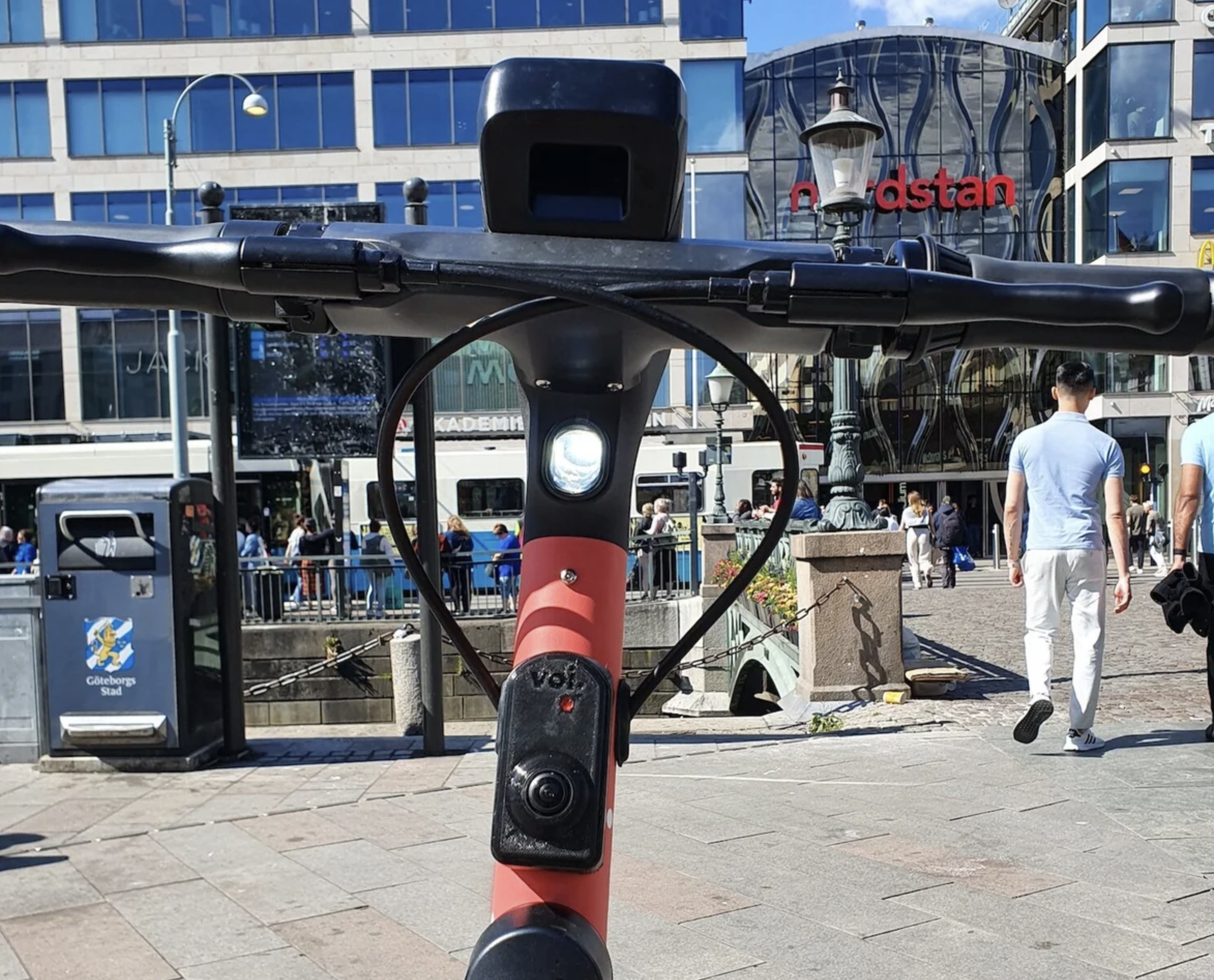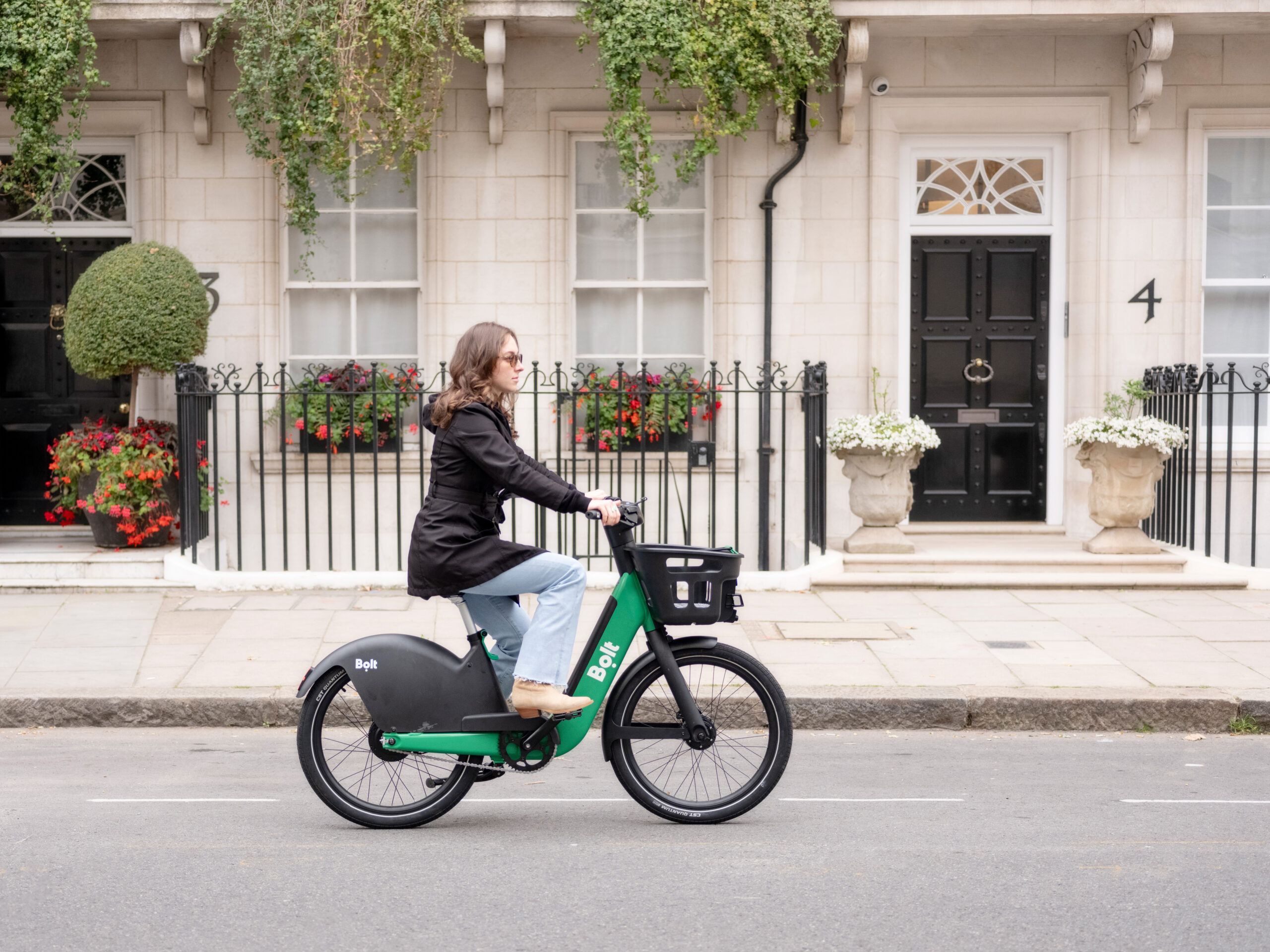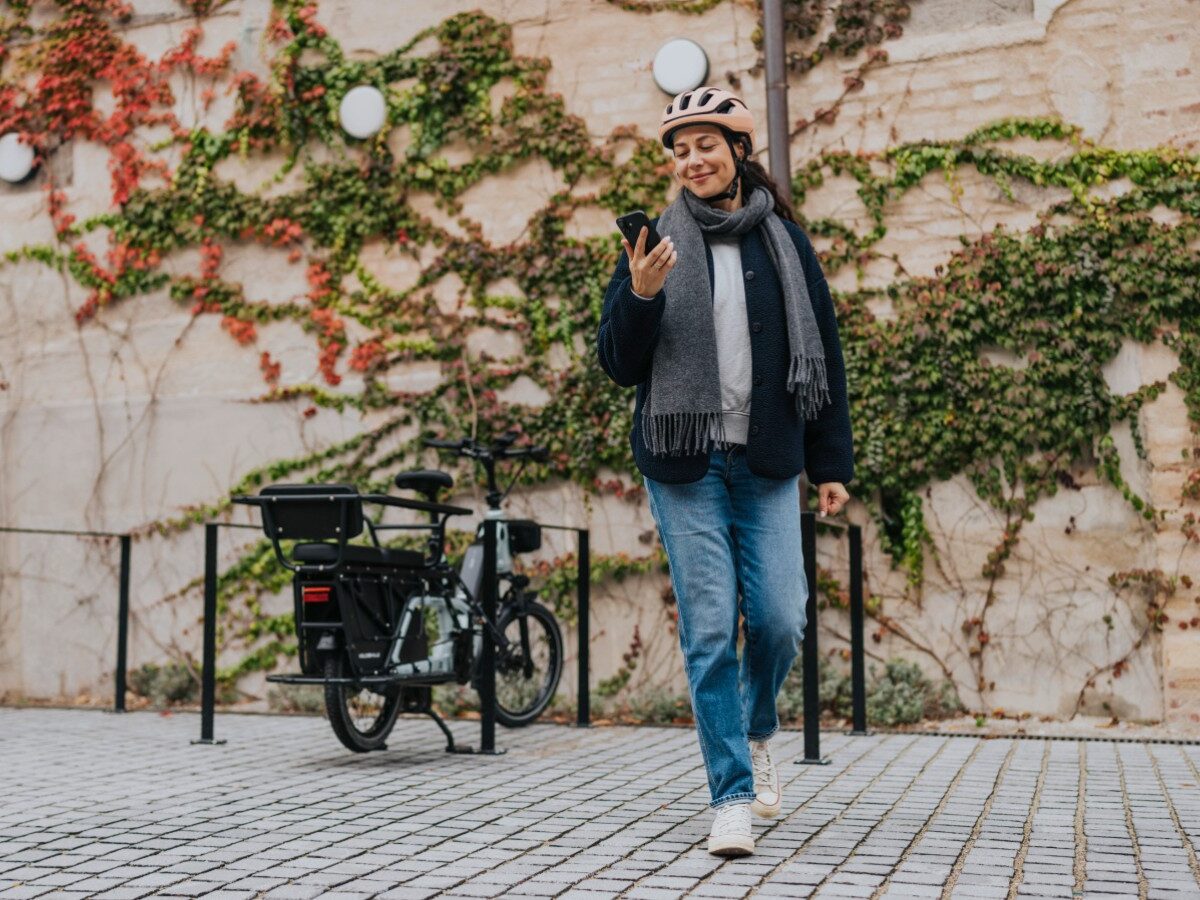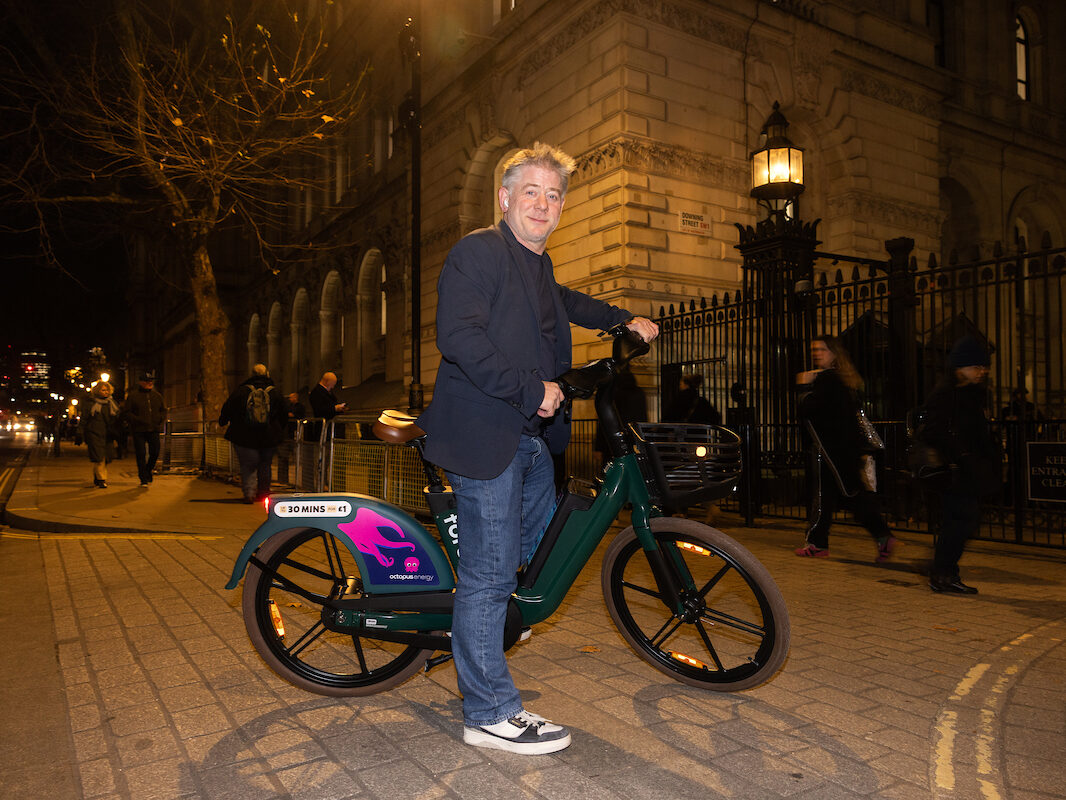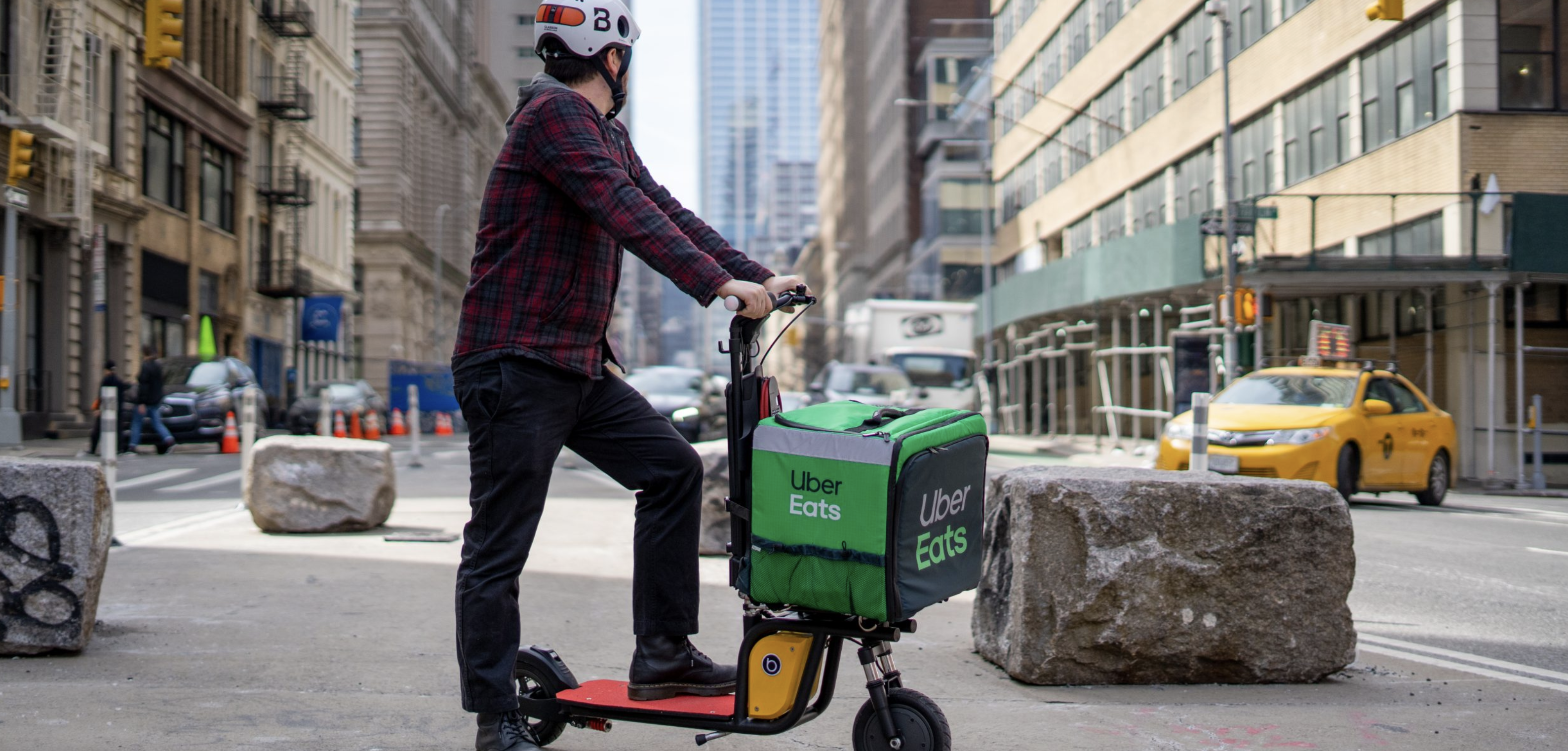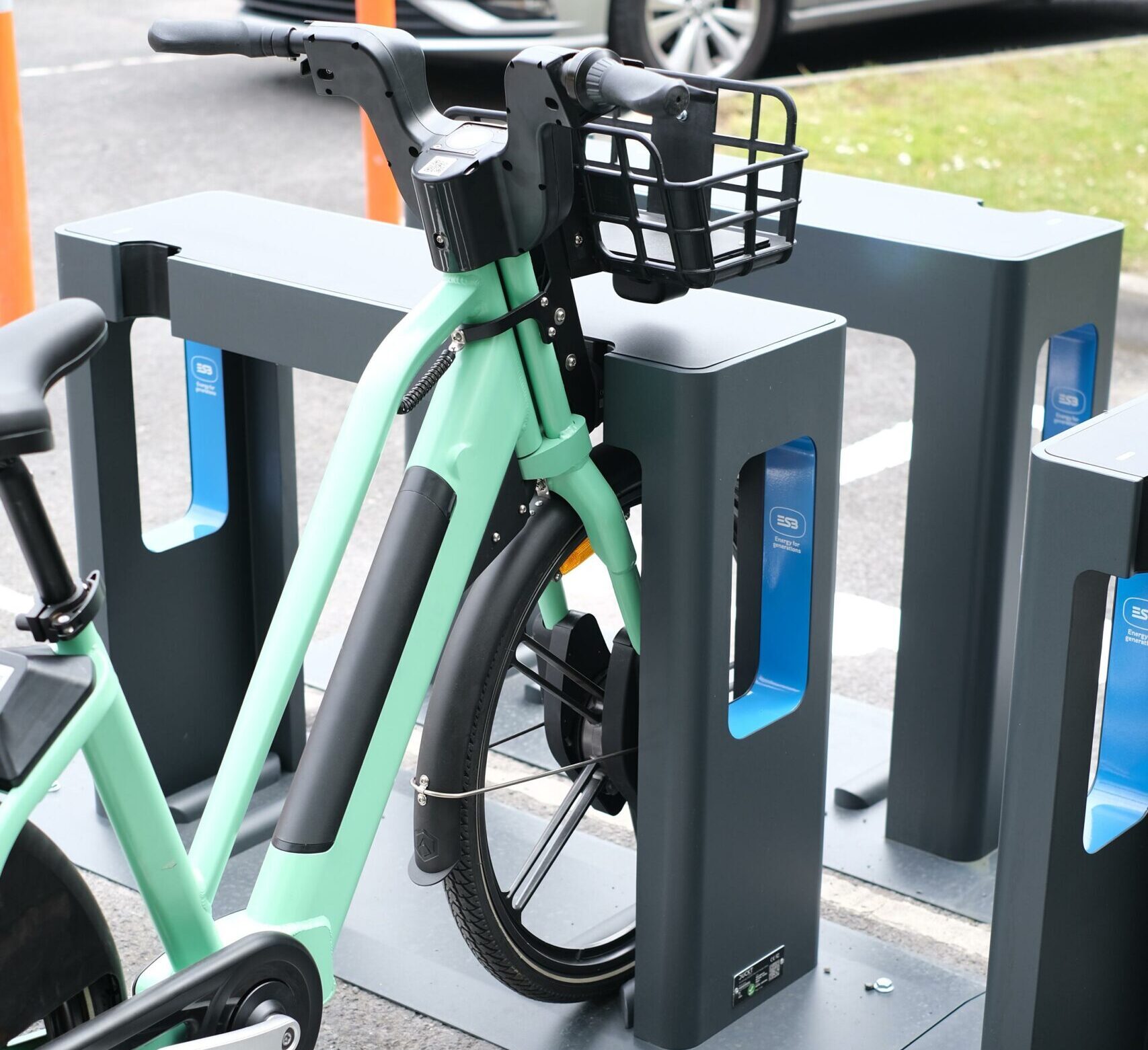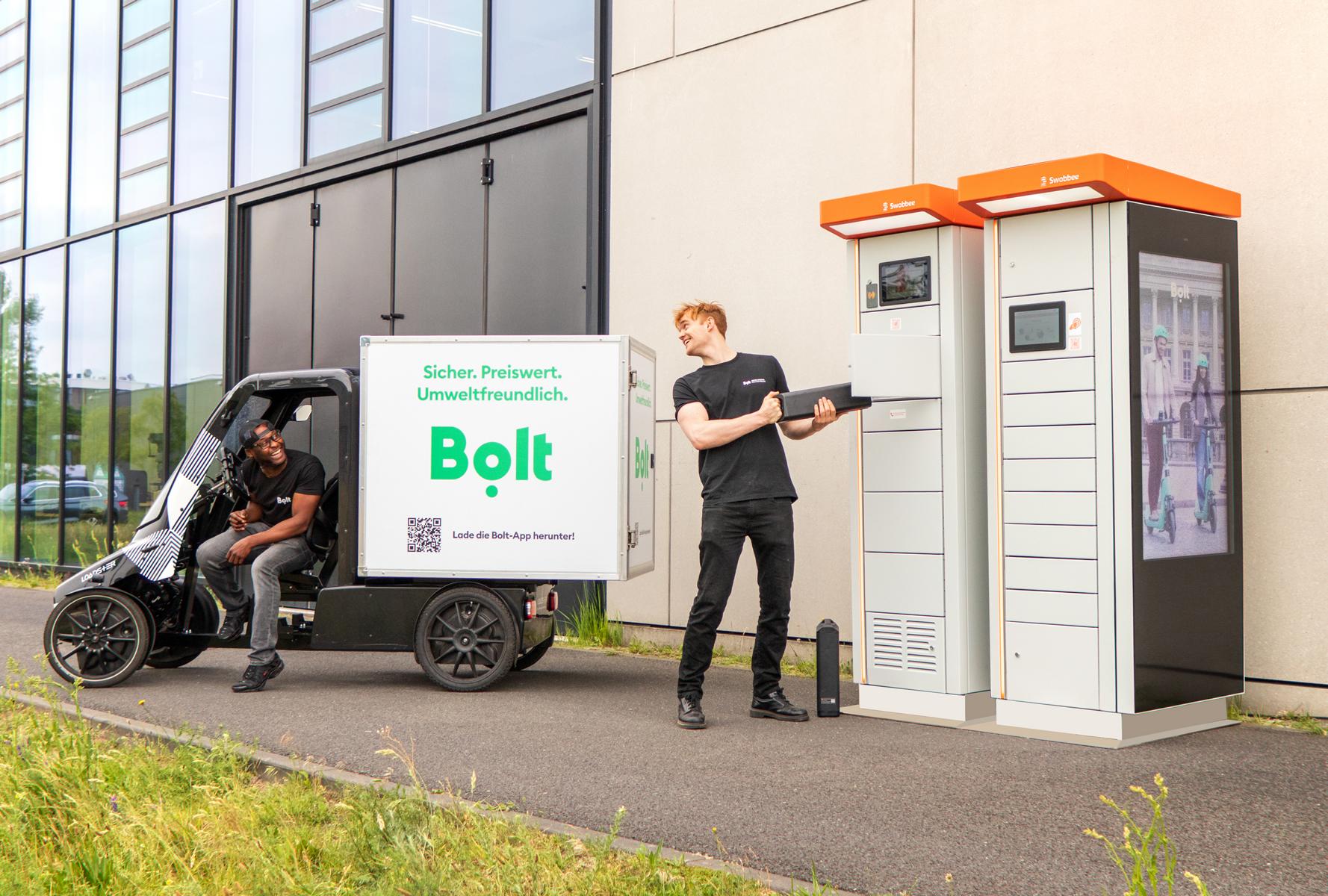Voi is partnering with Swedish traffic safety company, Autoliv to evaluate traffic accidents using data from street cameras and e-scooter sensors.
The sensors are initially being tested on 20 Voi e-scooters in Gothenburg as part of the project’s pre-study.
This research is in line with Voi’s commitment to ‘Vision Zero’, which aims to eliminate all serious injuries and fatalities connected to its service by 2030.
Voi and Autoliv anticipate that this pre-study will enhance understanding of how e-scooter riders interact with other road users and help determine how collisions are caused.
André Dankert, Embedded Machine Learning Developer at Voi said:Shared micromobility is a young service with many novice riders. The vast majority of our riders behave responsibly in traffic and follow the rules of the road. But one accident is one too many. Through the research project with Autoliv, we can analyse different traffic situations, get a better understanding of risks and ultimately a better basis to develop solutions that prevent accidents connected to our service.
The pre-study is being conducted by Autoliv using hardware that has been developed by Voi. These modules are very small and will have no impact on how the e-scooters are operated.
Customers who use the study’s e-scooters will be invited to share their demographic information, which will be used for further analysis.
Preliminary results of the testing are then expected to be used in a follow-up project that will support the development of a system to prevent accidents, examine safety features and help cities improve road infrastructure.
Christian-Nils Boda, Pre-Study Project Lead at Autoliv said:The use of shared e-scooters has exploded in the last few years and with that comes challenges, in particular connected to road safety. Statistics show that the majority of e-scooter accidents don’t involve any other road users, but we don’t know enough about how or why these accidents occur. To find a solution one must first fully understand the problem, which is what we are aiming to achieve with Voi in this study.
Preliminary results and other updated about the research partnership will be published in December 2022.

